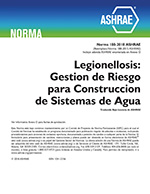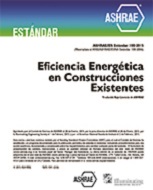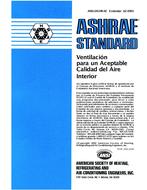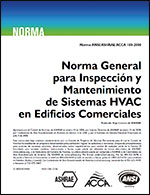Description
The rapid evolution of microprocessors and associated digital technology, together with the growing crisis in energy cost and availability, has led to development of elaborate automated systems for monitoring and controlling energy consumption in facilities. Increasingly, such systems employ distributed processing involving a powerful central computer station and a network of remote microprocessors. The design of such systems for adequate performance and cost effectiveness requires careful analysis of the controlled facilities and close attention to the capabilities and functions of the remote processors.
This paper addresses a number of design issues involved in: the interface of such a system to the sensor/control points of controlled equipment, the characteristics of the remote processors, and the choice of a data communications scheme. Results are presented from both modeling studies and field experience with installed systems. Hardware is now available which can be adapted to almost any energy situation with proper choices of points, algorithms, and overall system specifications.
In those systems requiring additional acoustical treatment, the use of acoustically lined duct and fittings has been accepted as an effective and efficient means of noise control. The reasons behind this wide acceptance are logical. In addition to controlling the duct system noise, lined duct and fittings do so with a minimal increase in static pressure requirements over the initial system design, and provide thermal insulation along with the noise control.
Lined duct and fittings can be used throughout a duct system for the control of both primary and secondary noise sources, i.e ., fan noise and airflow-generated noise, respectively . The acoustical design of a duct system is neither as complicated or as "mystical" as many design engineers feel, and the use of proper design techniques will provide a system free from noise problems, that is both cost and energy efficient.
Citation: Symposium, ASHRAE Transactions, Volume 87, Part 1, Chicago, Illinois
Product Details
- Published:
- 1981
- Number of Pages:
- 15
- File Size:
- 1 file , 1.4 MB
- Product Code(s):
- D-CH-81-07-1




